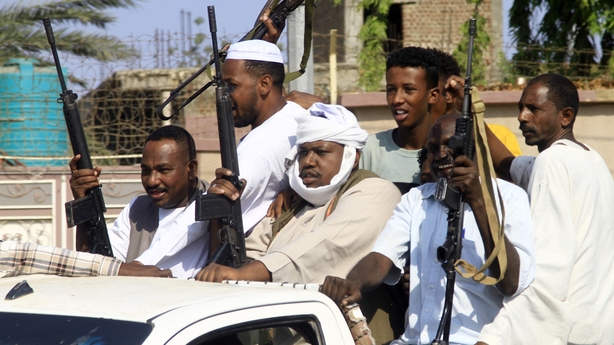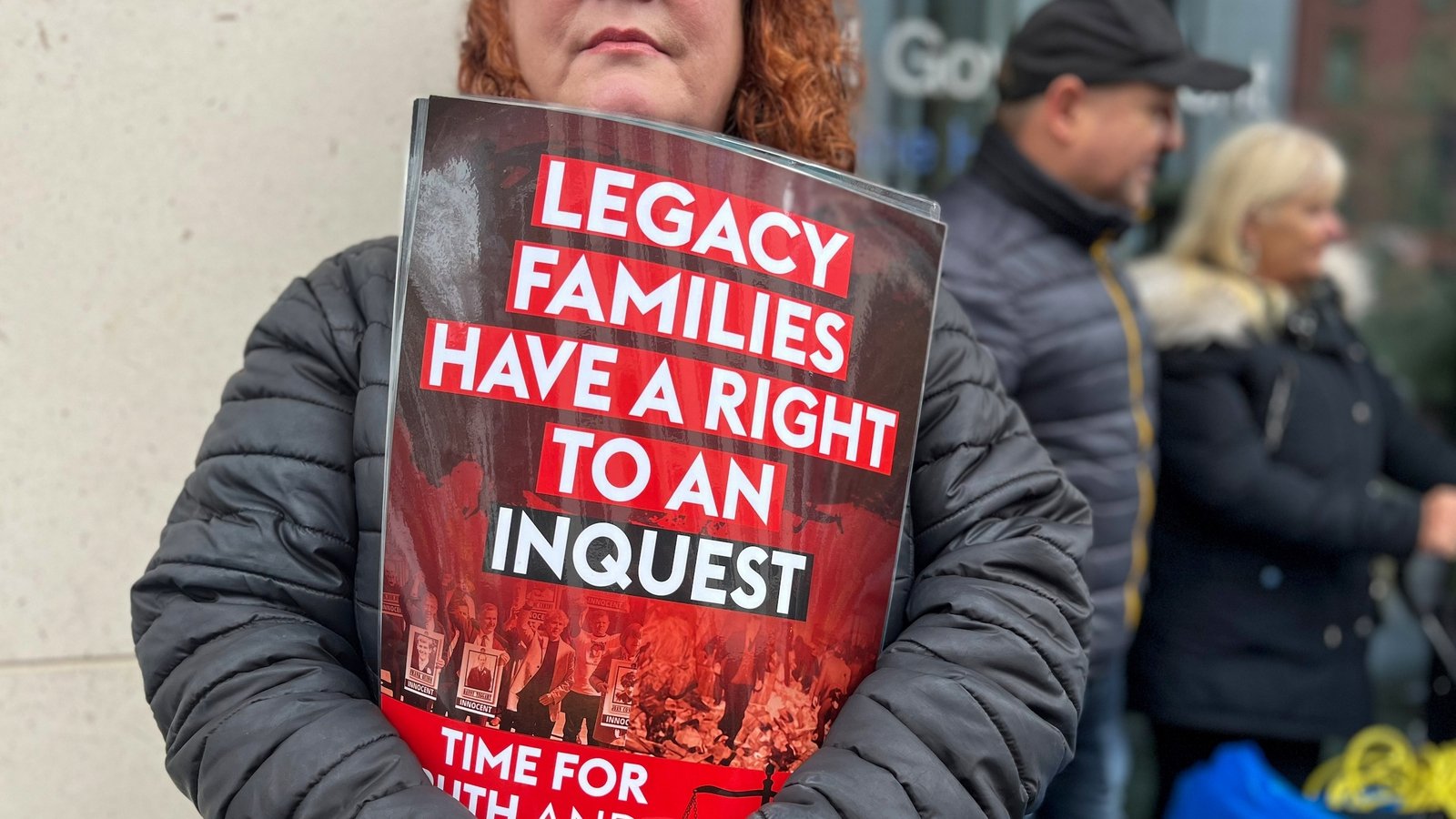Thousands of children face ‘deadly malnutrition’ in Sudan

Three hundred days ago “a wave of atrocities” was unleashed against the children of Sudan, the United Nations’ (UN) children agency has said.
At a news conference in Geneva, UNICEF spokesperson James Elder said that four million children had been displaced since the latest round of fighting broke out in April last year.
“That’s 13,000 children every single day for 300 days,” he said.
Mr Elder said 700,000 children faced deadly malnutrition due to the conflict, but that UNICEF would be able to treat less than half of them with the resources the agency has available.
As a result, he said, tens of thousands of children would likely die.
Mr Elder said that cases of killing, sexual violence and recruitment of children for fighting had shot up some 500% from a year ago.
“That equates to terrifying numbers of children killed, raped or recruited and these numbers are the tip of the iceberg,” he told reporters.
The conflict stems from a power struggle between two generals, the army chief Abdel Fattah al-Burhan and his former deputy, Rapid Support Forces (RSF) commander Mohamed Hamdan Dagalo, known as Hemeti.
Both have been accused of carrying out atrocities on civilians.
Hemeti was a leader of the notorious Janjaweed militia who raped and murdered thousands of civilians in Darfur in the early 2000s.
12,000 people are estimated to have been killed since fighting began last April.
In an open letter last November, 70 international law experts called on the international community to intervene to stop another genocide, 20 years after ethnic cleansing in Darfur shocked the world.

Last month, a Sudanese think tank, Fikra for Studies and Development, also called on the UN to declare a catastrophic famine in the country.
It is a conflict that keeps being forgotten, the UN’s aid chief, Martin Griffiths said this week, because there were competing crises, such as in Gaza and Ukraine.
“But I don’t think there’s anywhere quite so tragic in the world today as Sudan,” Mr Griffiths added.
Mr Griffiths made the comments as the UN launched a fresh appeal for €3.8bln in funding to meet the humanitarian needs of people inside Sudan and the tens of thousands who have fled to neighbouring countries, including Chad, South Sudan and Ethiopia.
But Mr Griffiths added that last year’s appeal by his Office for the Coordination of Humanitarian Affairs remained less than half funded.
On the prospects of any political solution to the bitter conflict, Mr Griffiths said he had spoken to the two generals and invited them both to UN mediation talks.
“Both said yes that they would be happy to come….to Switzerland,” Mr Griffiths said.
“I’m still waiting for a confirmation of when and where they will come,” he told reporters.
If a deal between the generals is not reached soon and humanitarian aid is not stepped up, Europe can expect larger numbers of refugees from the region, the UN’s High Commissioner for Refugees warned.
“The Europeans are always so worried about people coming across the Mediterranean,” Filippo Grandi told the Associated Press in Nairobi, Kenya, following his visit to Sudan and Ethiopia.
“Well, I have a warning for them.. if they don’t support more refugees coming out of Sudan, even displaced people inside Sudan, we will see onward movements of people towards Libya, Tunisia and across the Mediterranean”.





